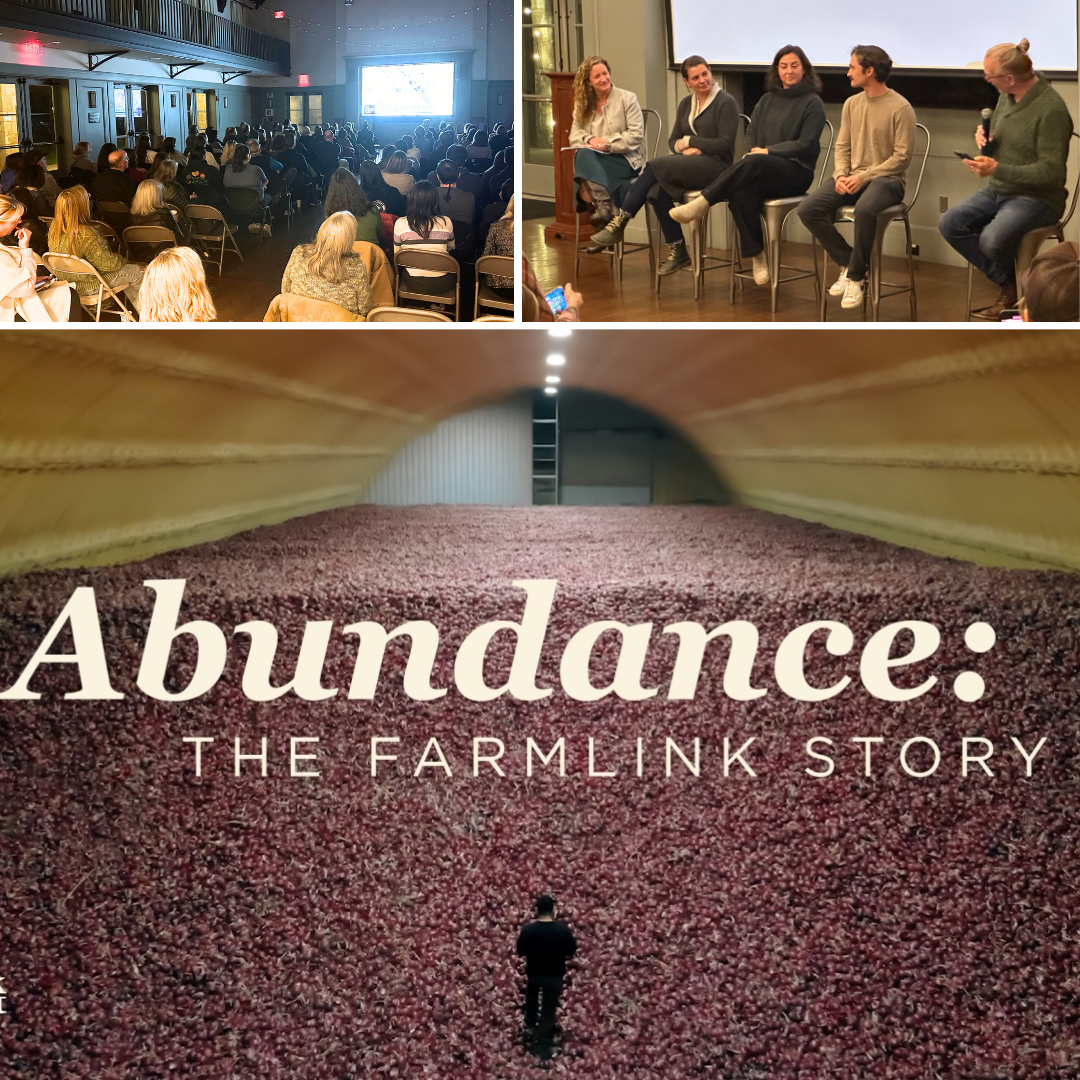It’s no surprise that the world has a huge waste problem. But what might be surprising is that the U.S. is home to 4% of the world’s population yet produces 12% of the world’s waste. According to a 2021 report by Environment America Research and Policy Center, Americans throw out 4.9 pounds of trash per person per day. The costs of waste affect us all from public health, to the environment, and the growing climate change crisis.
What happens to solid waste in Connecticut?
Connecticut has no more space available in its landfills. Instead of dumping, Connecticut burns much of its trash and in the process creates energy. When waste (fuel) is burned it releases heat that converts water into steam. The high-pressure steam then powers the blades of a turbine generator to produce electricity. So while it’s true that burning is more environmentally friendly than using landfills, it is still far from perfect. Burning trash contributes to climate change by adding ash and other particulate matter to the air. Due to the lack of waste-to-energy facilities in the area, Connecticut has begun trucking solid waste out of state.
What can I do to make a difference?
Why is food waste such a large problem?
Food waste is heavy and wet — it adds to the cost to dump trash and it doesn’t burn well. Food waste that ends up in landfills rots and creates methane, a greenhouse gas that is more potent than carbon dioxide. It’s important that we work together to keep food waste out of the waste stream.
How can I reduce food waste?
Food Rescue US - Fairfield County, Sustainable Westport, Wakeman Town Farm, and Westport …
This past weekend marked one of Westport’s most beloved community events, the annual West …
Congratulations to Rizzuto's Oyster Bar & Restaurant for being named our latest Sust …
Too many cucumbers or tomatoes growing all at once in your garden? Thought the kids would …




